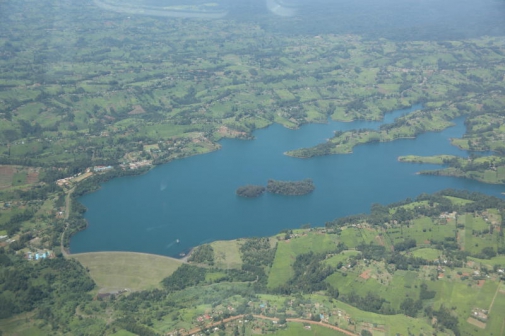×
The Standard e-Paper
Fearless, Trusted News

Ndakaini Dam in Thika that supplies water to Nairobi residents. (Photo: Wilberforce Okwiri/Standard)
Residents of Nairobi should brace themselves for prolonged water-rationing period.